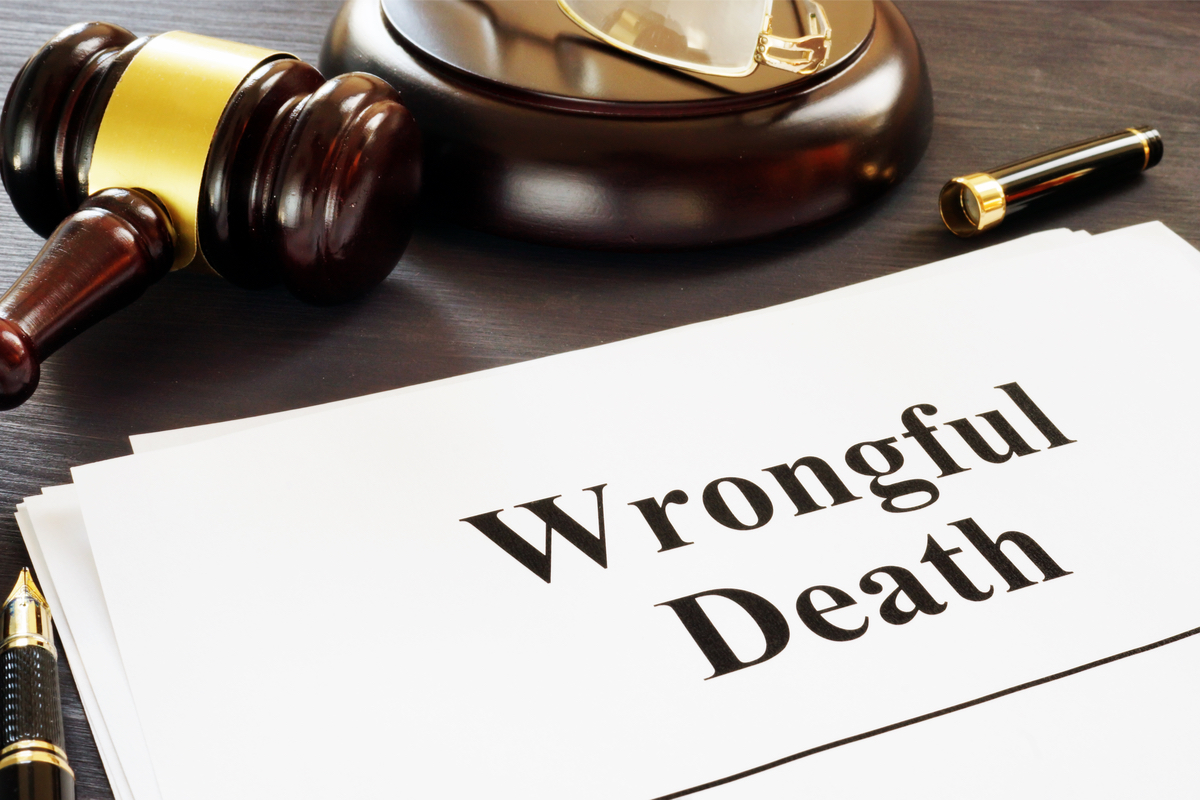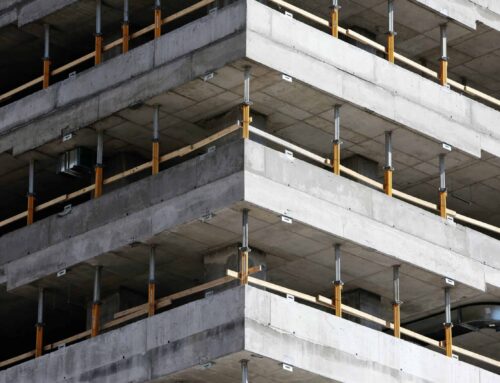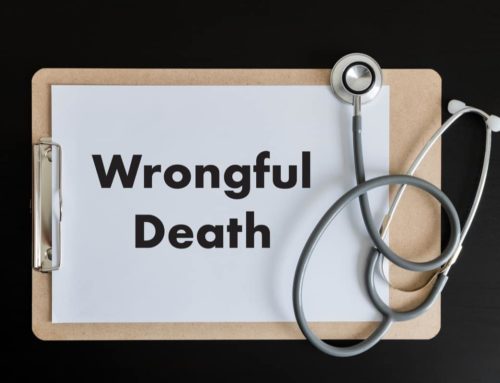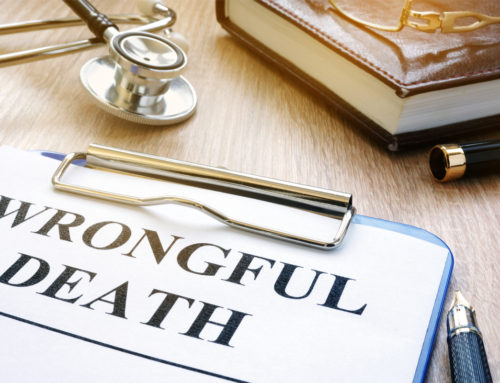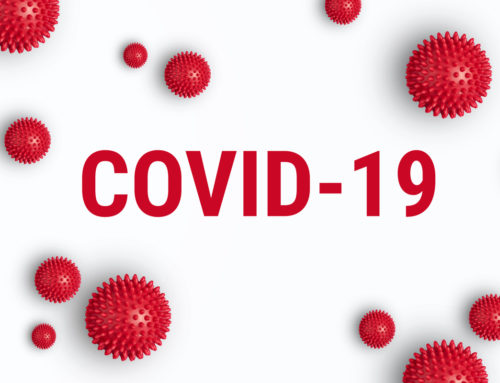The tragic loss of a family member renders a life-changing impact on those that survive. Gone from surviving family members are the companionship, love, and support of someone they were very close to and must now continue on without.
When the loss of a family member is caused by another person, the law in Louisiana allows certain surviving family members to bring a claim and seek financial compensation from the person or persons responsible for the death.
At Allan Berger & Associates, we understand how devastating it is for families trying to deal with the loss of a loved one. Our compassionate New Orleans wrongful death attorneys offer support and counsel to clients during this difficult time.
How a Wrongful Death Occurs
Wrongful death occurs when a person dies due to the fault of someone else. The death might be accidental or it might be caused intentionally. The law in Louisiana says that when someone damages someone else, they have to fix it. The statute puts it like this:
Every act whatever of man that causes damage to another obliges him by whose fault it happened to repair it.
The same actions that give rise to a wrongful death claim can also result in criminal charges. But the wrongdoer will face two separate proceedings. Wrongful death claims are civil actions with financial penalties paid to the victim’s family. Criminal actions can also have financial penalties (as well as incarceration), but they are paid to the state.
Relationship to Decedent Necessary to Bring Wrongful Death Claim
When someone dies – especially if it is unexpectedly – a great number of people may suffer as a result. But the law only gives certain close relatives of the decedent the right to seek compensation from the wrongdoer. The following persons have the right to bring a wrongful death action in Louisiana:
- The surviving spouse and children, or either the spouse or children
- The surviving parents, or either parent if the decedent left no surviving spouse or children
- The surviving siblings, or any of them if no spouse, child, or parent survives
- The surviving grandparents, or either of them if no spouse, child, parent or sibling survives
The relationship need not be biological. Adoption creates the same legal relationship between the decedent and surviving family members. However, if the decedent’s mother or father abandoned the decedent when he or she was a minor, the abandoning parent will be deemed not to have survived.
There is an exception to the surviving family members’ right to sue. If it turns out that a parent, spouse, or child intentionally killed or tried to kill the decedent, the involved relatives are prohibited from receiving or benefiting from any compensation that is awarded to other surviving family members. And the other family members have the right to sue the wrongdoing family member.
Survival Claim vs. Wrongful Death Claim
A wrongful death claim is brought by the survivors for their damage. But what if the injuries did not result in immediate death and the decedent survived for a period of time prior to dying?
Louisiana law says that if the decedent would have had a claim for personal injury if he or she had lived, the claim survives and the same surviving family members who are allowed to make a claim for wrongful death may also be able to bring a survival action.
In a survival action, the family members are collecting compensation for the personal injury, property damage, and pain and suffering of the decedent.
Time Period Allowed for Bringing a Wrongful Death Claim
Surviving family members are not given a lot of time to pursue either a wrongful death claim or a survival action. Both types of claims must be brought within one year of the death of the decedent.
The right to sue for either wrongful death or survival is heritable, but passing the right by inheritance does not affect the running of the one-year statute of limitations.
Damages That Can be Recovered in a Wrongful Death Claim
The damages that can be recovered by the survivors in a wrongful death claim include current and future economic losses as well as intangible or non-economic losses for the inability to enjoy the company of the decedent. Compensation can be collected for the following types of damages.
- Medical expenses/funeral costs
- Loss of expected future earnings/loss of income potential
- Loss of expected inheritance
- Loss of services
- Loss of companionship/guidance/love/support
- Mental anguish/emotional distress
If the injuries inflicted were such as to exhibit ‘a wanton and reckless disregard for the rights and safety of the decedent, an additional amount of compensation may be awarded as exemplary damages. Exemplary or punitive damages are paid to the survivors to punish the wrongdoer when a court determines a wrongdoer’s conduct was especially bad.
An additional claim for mental anguish or emotional distress can be made by the surviving spouse, child, grandchild, parent, grandparent, or sibling of the decedent if any such person witnessed the actions that injured the decedent or came upon the scene shortly after the injuries occurred. The mental anguish or emotional distress experienced must be severe, debilitating, and foreseeable.
Where to Turn for Legal Help Making a Wrongful Death Claim
Unfortunately, there is nothing that can erase what has been done or really make it right. But the law tries to alleviate the suffering of those who have been so severely damaged by minimizing the consequential damages and providing financial compensation to help ease future burdens.
The New Orleans wrongful death attorneys at Allen Berger & Associates know that money isn’t the same as a complete repair of the damage done. It is the best that we can do for now and it can help ensure a better future for those who survive and must go on. If your family has experienced the wrongful death of a loved one, Allan Berger & Associates can help you recover as much as the law has to give. Call 504-618-1596 to make an appointment for a free consultation.



